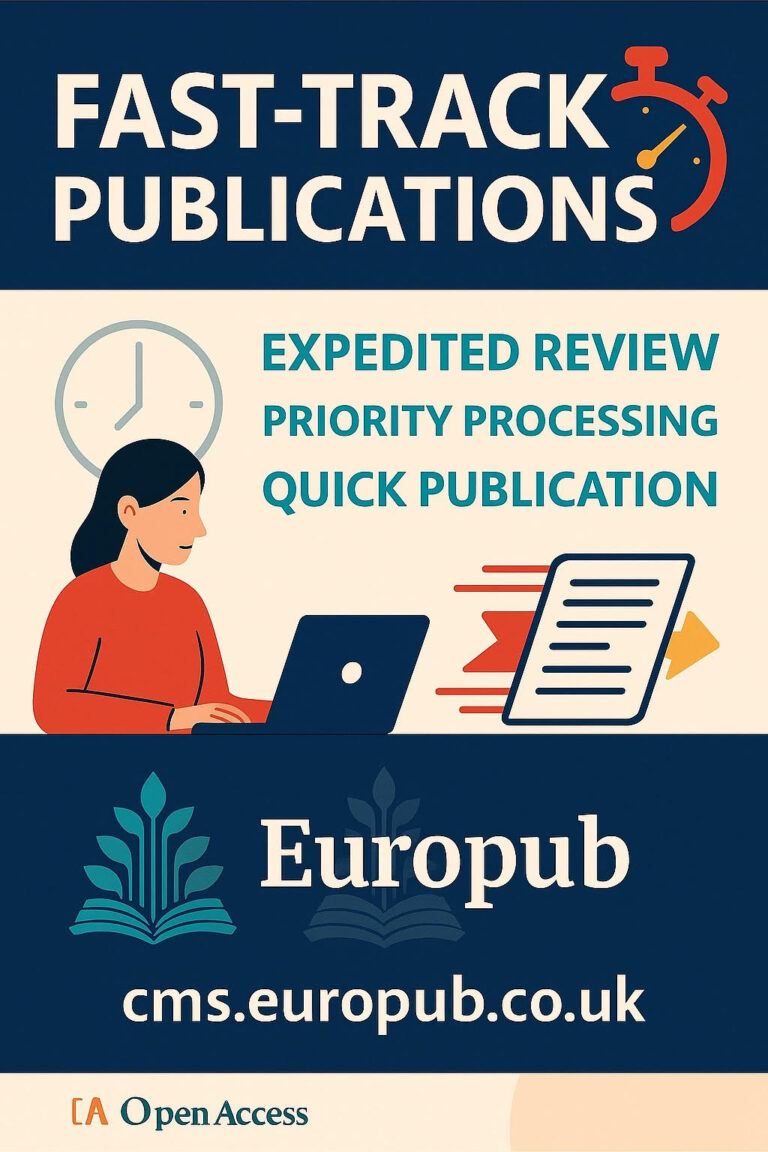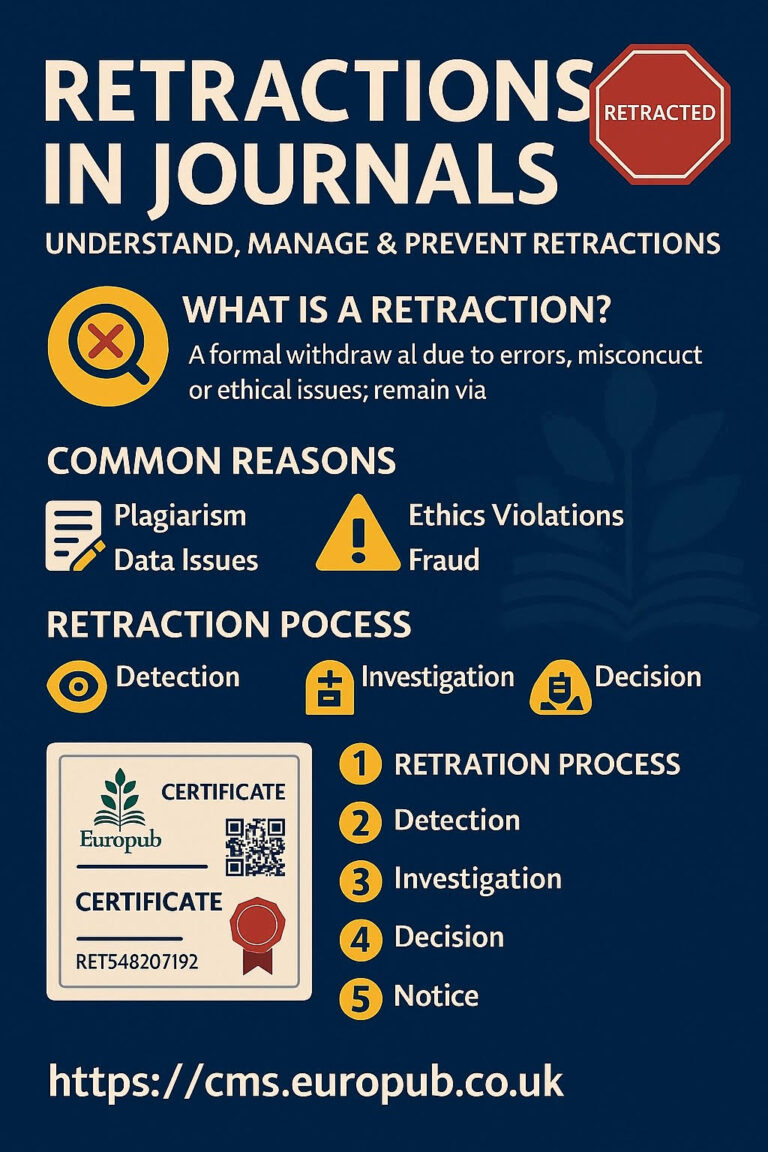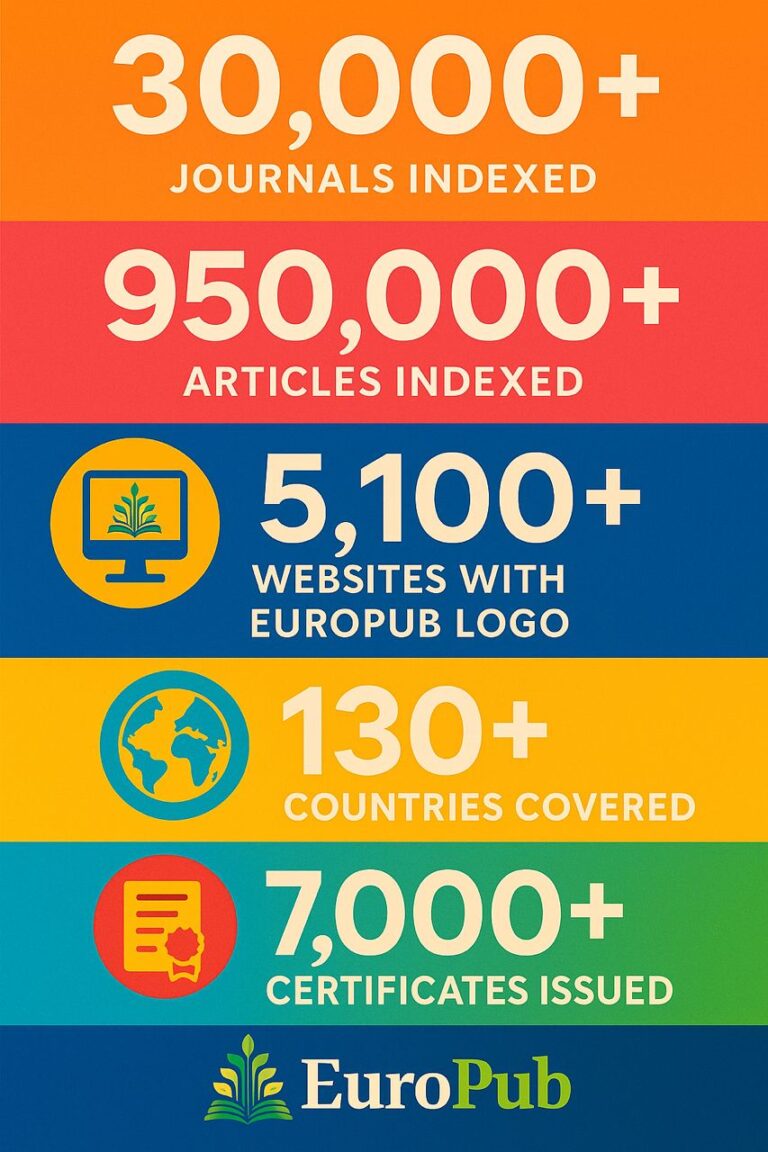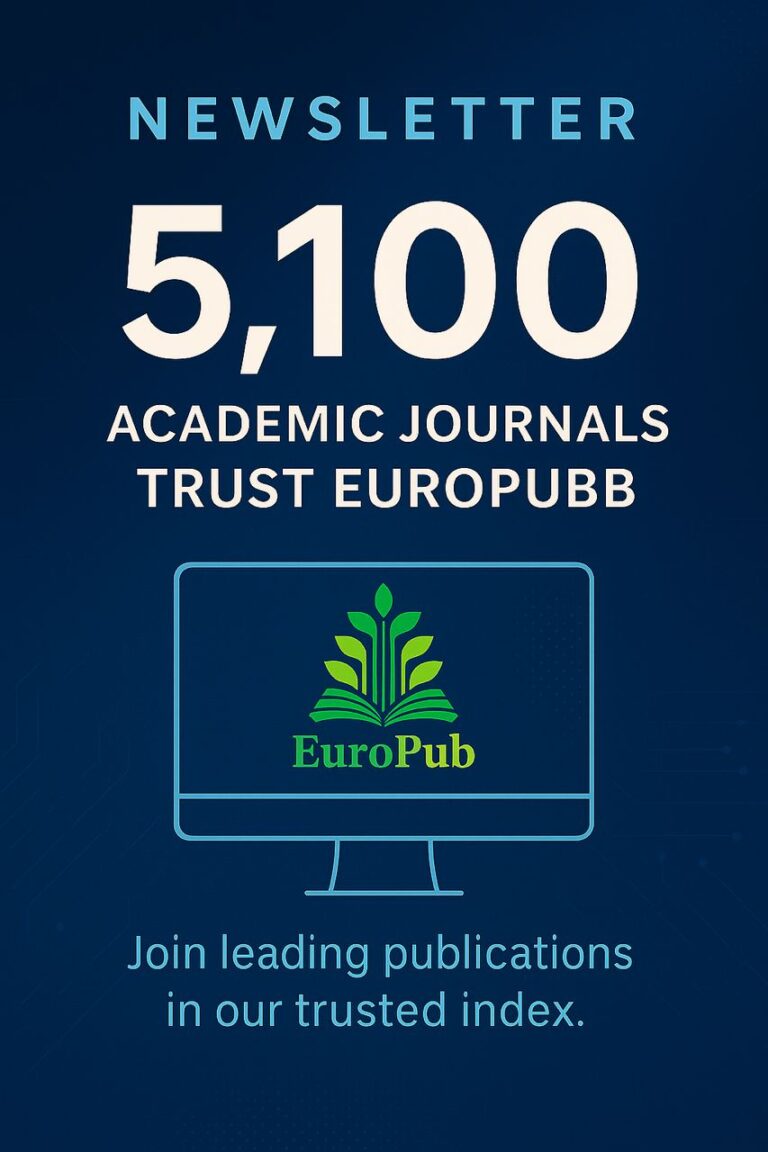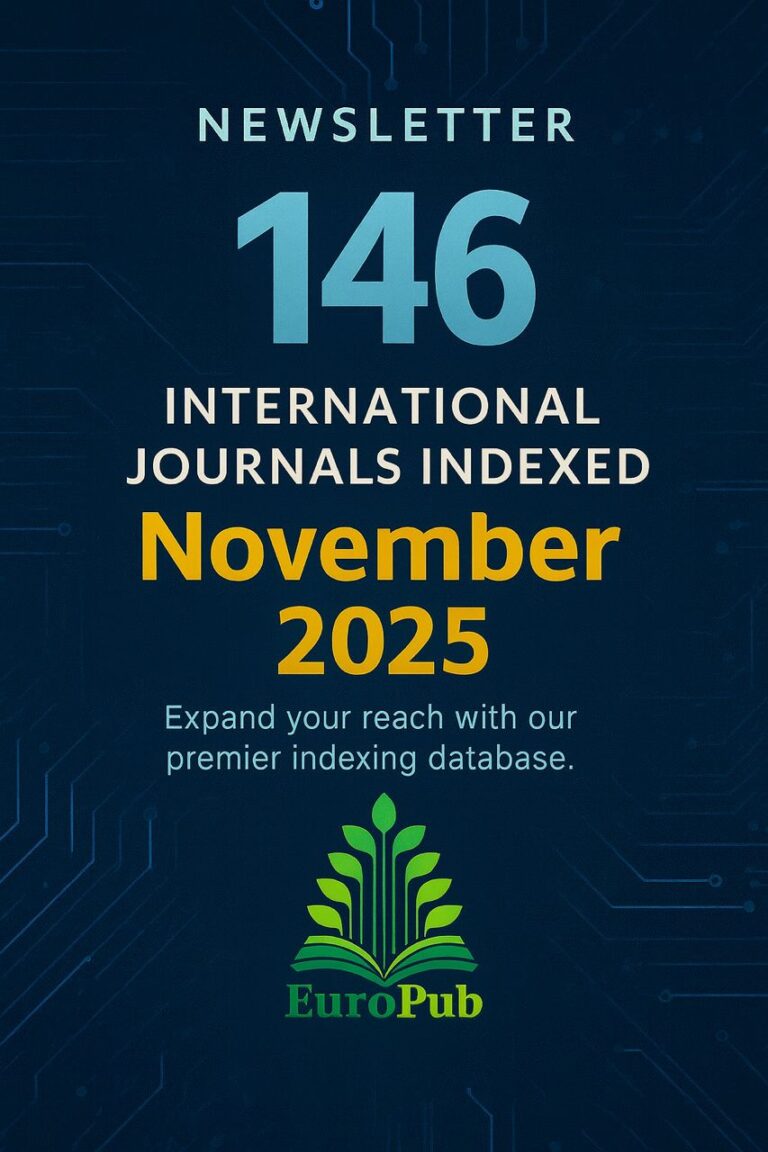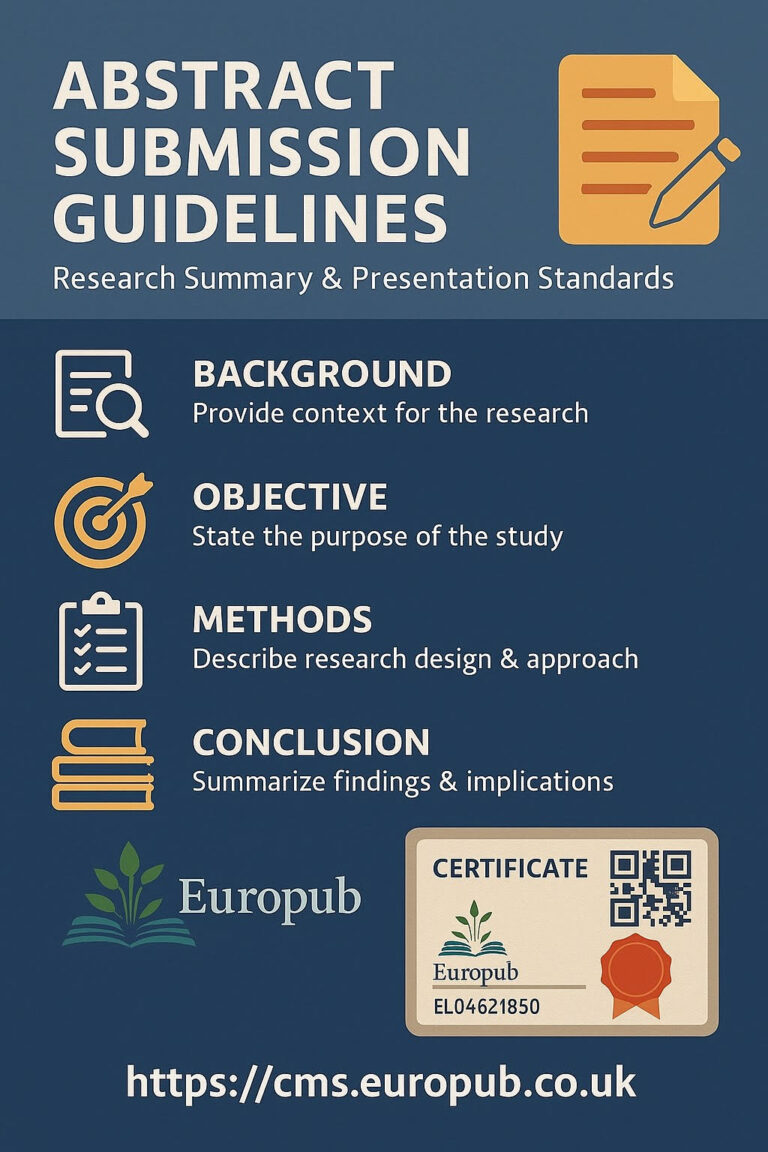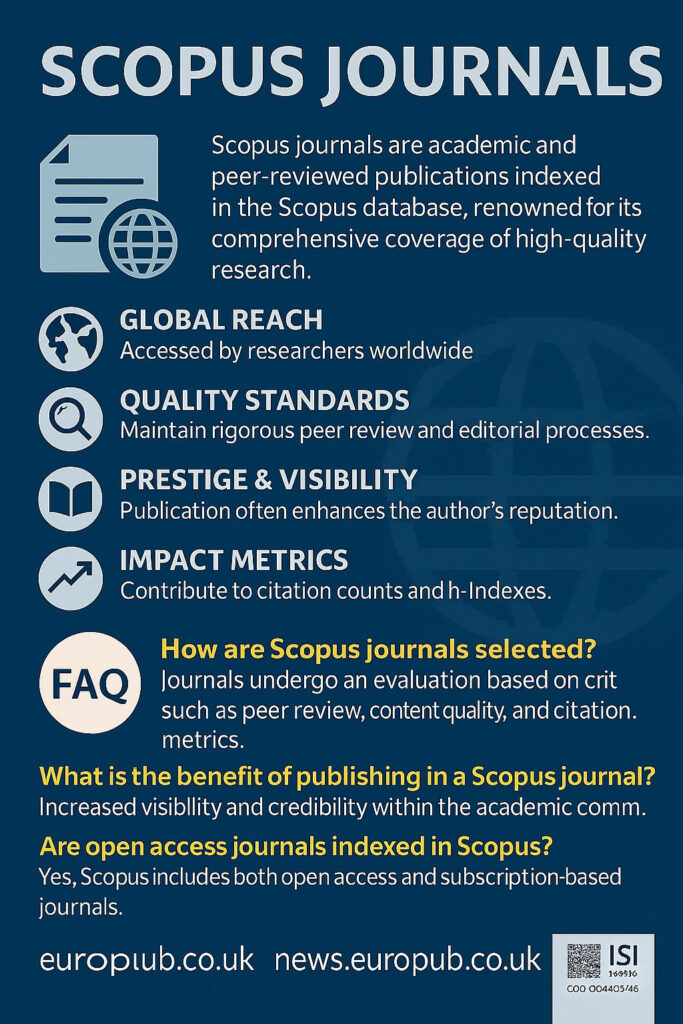
What Are Scopus Journals?
Scopus Journals are academic journals indexed in Scopus, the world’s largest abstract and citation database of peer-reviewed literature, maintained by Elsevier. Scopus covers over 28,000 active titles across all scientific fields, including life sciences, social sciences, physical sciences, and health sciences.
Journals indexed in Scopus are recognized internationally for their credibility, visibility, and quality. Being published in a Scopus-indexed journal helps researchers gain global recognition, academic credit, and career advancement opportunities.
Key Features of Scopus Journals
- High-Quality Standards – Journals must meet strict criteria regarding peer review, editorial policies, and publication ethics.
- Broad Coverage – Over 5,000 publishers and 100+ countries are represented in Scopus.
- Metrics & Indicators – Scopus provides metrics such as CiteScore, h-index, SJR (SCImago Journal Rank), and SNIP (Source Normalized Impact per Paper) to evaluate journal impact.
- Global Recognition – Publications in Scopus journals are accepted by universities, funding agencies, and accreditation councils worldwide.
- Interdisciplinary Reach – Covers diverse disciplines from medicine and engineering to arts and humanities.
Steps to Publish in Scopus Journals
- Identify Suitable Journal – Use Scopus Journal Finder or publisher websites (Elsevier, Springer, Wiley, Taylor & Francis).
- Prepare Manuscript – Follow IMRAD structure and adhere to journal-specific guidelines.
- Check Plagiarism – Journals indexed in Scopus strictly follow plagiarism detection (Turnitin, iThenticate).
- Submit Online – Through publisher’s submission system (Editorial Manager, ScholarOne).
- Peer Review Process – Rigorous double-blind or single-blind peer review.
- Revision & Acceptance – Authors must address reviewer comments carefully.
- Publication & Indexing – Once accepted, the paper is indexed in Scopus within weeks.
Why Publish in Scopus Journals?
- Enhances academic CV and job prospects.
- Recognized by PhD programs, promotions, and grant committees.
- Boosts citation count and visibility.
- Provides international collaborations and networking.
Common Publishers of Scopus Journals
- Elsevier
- Springer Nature
- Wiley
- Taylor & Francis
- Sage Publications
- Oxford University Press
- Cambridge University Press
 Frequently Asked Questions (FAQ) on
Frequently Asked Questions (FAQ) on
Scopus Journals
1.
How do I check if a journal is indexed in Scopus?
Visit the Scopus Source List: https://www.scopus.com/sources. Enter the journal’s title or ISSN.
2.
What is the difference between Scopus and Web of Science?
- Scopus: broader coverage, more journals, uses CiteScore.
- Web of Science: smaller but highly selective, uses Impact Factor (IF).
3.
Do Scopus journals charge publication fees?
Yes, many Scopus-indexed journals are open access (OA) and charge Article Processing Charges (APCs). Fees vary from $200 to $5,000. Some subscription-based journals may not charge fees.
4.
What are predatory journals claiming Scopus indexing?
Some fake publishers claim Scopus indexing. Always verify on the official Scopus source list.
5.
What is CiteScore in Scopus?
CiteScore measures the average number of citations per document published in a journal over four years. Similar to Impact Factor but broader in coverage.
6.
Can I publish in Scopus journals without paying fees?
Yes, if you choose subscription-based journals, you don’t pay APCs. Open-access journals usually require fees.
7.
Are Scopus journals recognized worldwide?
Yes. Universities, research councils, and accreditation bodies across the globe recognize Scopus publications as valid research contributions.
8.
How long does it take to publish in a Scopus journal?
On average:
- Initial review: 2–4 months
- Revisions: 1–2 months
- Final acceptance to publication: 6–12 months (varies by journal).
9.
What is the difference between Q1, Q2, Q3, and Q4 in Scopus?
- Q1 = Top 25% journals (highest quality & impact).
- Q2 = Next 25% (above average).
- Q3 = Below average.
- Q4 = Lowest quartile.
10.
Does Europub issue certificates for Scopus journals?
Yes  . Europub’s Certificate Management System (CMS) provides official certificates for journals, authors, reviewers, editors, and conferences linked to Scopus-indexed research.
. Europub’s Certificate Management System (CMS) provides official certificates for journals, authors, reviewers, editors, and conferences linked to Scopus-indexed research.
 Explore more:
Explore more:
- Main site: https://europub.co.uk
- Certificates: https://cms.europub.co.uk
- News & Updates: https://news.europub.co.uk



